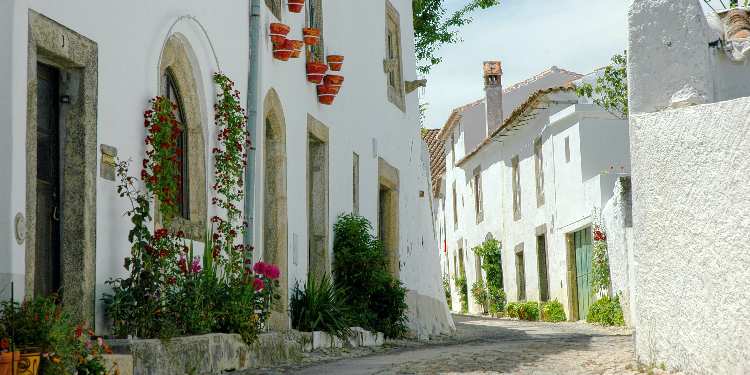
Safety is a key issue to consider if you're contemplating a move abroad, whether as an expat or as a remote worker. Here are some tips from our guest blogger Jerry Nelson to help you choose your next destination.
Sitting at lunch with Alejandra today, I noticed an interesting phenomenon. With most inter-cultural couples we know, each takes the side of their country as being better than that of their spouses.
Alejandra and I are different. She insists America is the better country, and I'm just as obstinate in insisting Argentina is. On what criteria do each of us base our respective opinion? I'm not sure anymore; this is a running conversation in which we've been engaged for eight-years.
In the category of safety and security, Argentina is better — much better. Gun-loving and gun-toting Americans just proved me right within the past 24-hours as the 7th mass shooting in 7 days happened. This time in Boulder, Colorado, of all places. If a person can't be safe in Boulder, where on earth can they?
Safety and security are two of the most important things to consider if you're moving overseas for work or your retirement years.
In a recent survey, more than 14,000 expats were asked to gauge more than 40 different aspects of life overseas and rate each on a scale of 1-7.
The CNN "Consumer Connect: Travel & Tourism" survey was conducted by Ipsos.
Deciding to move abroad comes with things to consider — serious considerations. Heading up that list is safety. According to the survey, here are the 5 safest places for expats and digital nomads to live.
Portugal
Petty theft is the biggest concern.
As in most popular tourist destinations, travelers in Portugal are at risk of petty theft and pickpocketing. Keep your personal items secure and in sight at all times.
Locals report pickpocketing rates are particularly high in Lisbon. Use these tips while using the trams or when you're in a crowded area:
Don't keep your phone or wallet in an outer pocket.
Only carry the essentials—leave your passport, cash, etc., at home.
If you're carrying a purse or bag, wear it in front of you.
Don't rush to get on a crowded tram—pickpockets are more likely to target you when you're distracted.
Canada
Canada is consistently considered one of the safest destinations in the world. Crime rates are low, police are trusted, easy to contact, and quick to respond.
No matter where you travel, some common-sense is an important part of personal safety and your property's security. Don't leave handbags or luggage unattended.
Japan
Overall, Japan is considered a very safe country for travelers. It ranks in the top 10 in the Global Peace Index. Like any country, Japan has areas that are less safe than others, and travelers should use common sense, especially when visiting entertainment districts and using ATMs.
Writing in A Scotsman in Japan, Craig Hunter says: "I feel exceptionally safe and do not miss the violent city centres that Scotland witnesses on weekend evenings."
Ghana
Large public events and intercommunity disputes can turn violent. Avoid demonstrations and protests. Be cautious around large crowds, like football matches.
Power outages may occur after dark. This often leads to more crime, especially if street and traffic lights fail.
Despite all that, Ghana is generally a very safe country for visitors and expats. The crime rate is low, but in major cities and tourist areas, petty theft can happen. The country is also known for having some of the most friendly and welcoming locals in the world, with children receiving much attention and affection.
Singapore
Singapore is widely regarded as one of the safest countries globally, with consistently low crime rates, a transparent legal system, and a reliable police force supported by proactive citizens, all combine to create a safe environment and create the aura of safety.
Singapore is safe, but walking around at night in certain areas still isn't going to be all roses. Prostitution exists – it's actually legal but can often be wrapped up in illegal activities like pimping and sex trafficking.
In some parts, there also gang activities.
The takeaway
You can become an expat and stay safe. Common sense guidelines go a long way in helping.
Tips for staying safe include:
Get insurance. Don't even think of leaving home without it.
Read before you leave.
Don't get too drunk.
Look like you know where you're going.
Dress appropriately.
Hide the most important things.
Know the emergency numbers.
Buy a padlock.



















